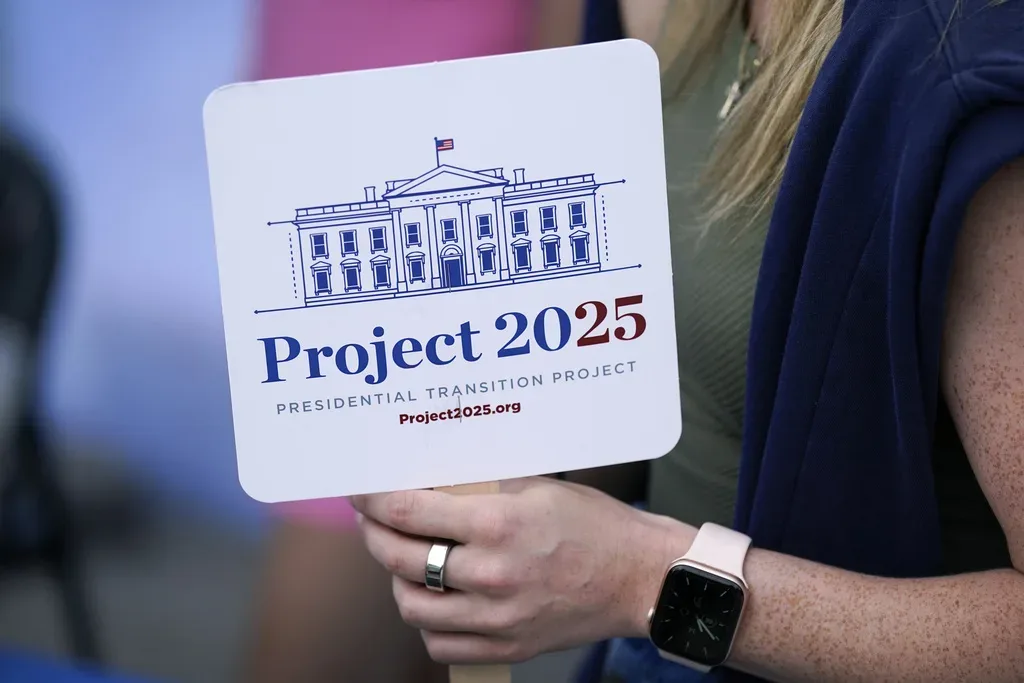
#image_title
#image_title
Baldeh is the Wisconsin Legislature’s first Muslim member, while the voter suppression Drake witnessed April 7 finalized her decision to run for office.
[Editor’s note: The Wisconsin 24 is a new series at UpNorthNews to introduce readers to the newly elected members of the Wisconsin Legislature. All told, there are 10 new Democratic members and six new Republican members to the Assembly. The Senate is welcoming three Democratic and five Republican members. To see all of the profiles in the Wisconsin 24 series, click HERE.]
Madison Alder Samba Baldeh is the newly elected representative for Madison Assembly District 48, a seat the Democrat easily won with 80% of the vote.
The win makes Baldeh the second Black lawmaker to represent Dane County—Rep. Shelia Stubbs (D-Madison) was the first when she was elected in 2018—and the first Muslim to serve in Wisconsin’s Legislature.
An immigrant from Gambia who made his home in Madison some 20 years ago, Baldeh said he never saw himself as a politician. Rather, advocacy work and giving back to his community were always central values of his life. In Gambia, he started youth organizations. In Madison, he became involved in the Big Brothers Big Sisters mentoring program.
But it’s what Baldeh describes as the “cultural differences” between America and Africa around which he has done the most advocacy work; primarily in how law enforcement interacts with Black men and women. The realization he had to have a seat at the table to try and enact real change prompted Baldeh to run for the city council and then to higher state office.
“Growing up, going to school, obviously we learned a lot about slavery and the impact that has on Black people,” Baldeh said. “But to the extent that Black people are discriminated against and treated in America is a cultural shock—a cultural shock in that it made me more conscious of my skin color.”
For example, he has worked with the African Association to educate the Madison Police Department about cultural differences. He explains that in Africa, it is not polite to look someone in the eyes when speaking to them. In America, it is. Baldeh said that can incorrectly be seen in America as an admission of guilt or that someone is hiding something.
In Africa, the police do not routinely pull over drivers, either. If they do, it is acceptable for motorists to get out of their cars and approach the police officers and “they will not shoot you and kill you.”
“There are lots of good things about Africa. We do not have this police brutality, this business of killing people they are supposed to police,” he said. “If something happens, they will wrestle you, they will fight you. Guns are not rampant to the extent that the default is anybody could be armed, and they could shoot you and kill you.”
Such cultural differences in America have led to systemic problems. As a state lawmaker, Baldeh wants to change this by advocating for what cities need “to really prosper.” This includes either additional school funding from the state or allowing cities to raise funds for education through other means than raising property taxes. More funds also are needed for affordable housing, he said.
“The state has the lowest rate of homeownership for people of color,” Baldeh said. “This is a systemic problem.”
In Wisconsin, only 23% of Black families own their homes. Only Montana and Nevada have lower homeownership rates.
Baldeh said he has hope systemic changes are possible, and he continually asks himself what more he can do to bring about greater understanding between people
“I just go out there and give back to my community, with the hope this will change the thinking,” Baldeh said. “It is not about skin color but what is in someone’s heart.”
It was the voter suppression Rep.-elect Dora Drake (D-Milwaukee) witnessed during the April 7 primary election that pushed her into running for office.
Drake, the incoming Assembly District 11 representative, said she voted early but took her brother to cast his ballot at Marshall High School in Milwaukee. Expecting there to be a bit of a line, they arrived about 15 minutes prior to the polls opening at 7 a.m.
The line of voters already was three blocks long, a result of the first pandemic election being held and not enough poll workers to staff voting sites. Milwaukee typically has 182 polling locations. For the April 7 election it had just five.
Drake snapped photos of what she was witnessing. The photos went viral. By the end of the day she was describing the experience and the voter suppression she was witnessing to Essence magazine.
Gov. Tony Evers tried to push the election to a later date due to the pandemic, but Republicans successfully challenged his decision in court. The election was held, consequently preventing Milwaukee from being able to staff polling locations, which created long lines and an increased risk of COVID-19 exposure for voters, 62% of whom are people of color in Milwaukee.
“When we talk about democracy, especially the moment we are at in the Black community and communities of color, that history is so integral to what it means to strive for justice and democracy,” Drake said. “To see that [voter suppression] so blatantly displayed … It felt like we took several steps back.”
A social worker who has worked in several levels of the criminal justice system, she gained deeper insight into the education system while working as Shyla Deacon’s campaign manager in her successful 2019 run for the Milwaukee Public Schools board. Drake then enrolled in Emerge, a program that recruits and helps Democratic women run for office.
Even though she is a newcomer to political office, she said she had the support of her Emerge family and guidance from outgoing Rep. Jason Fields (D-Milwaukee), who currently represents Assembly District 11 but opted not to run for re-election.
Top issues she wants to tackle include: gerrymandering, getting folks back to work following pandemic-related layoffs and business closures, fixing the state’s unemployment insurance backlog, and criminal justice reform.
“You will find someone dealing with mental health, discrimination, lack of access to housing, and umemployemnt,” Drake said. “You will find the people that need the most help in the criminal justice system.”
She said the justice system needs to be more preventative by addressing the school-to-prison pipeline and treating students more fairly in the classroom.
“The work we have to do is really for them,” said Drake in reference to the youngest members of a community. “At the end of the day, we are creating a future that is better for them. When they are doing great, they can invest their talents, their efforts, their resources back into the older generation. That will collectively help everyone.”
Like many other newly elected lawmakers, Drake said Wisconsin’s nation-worst gerrymandering prevents the voices of all voters from being heard, which is a disservice to democracy.
“If we are intentional about not only representing people but having those people have a voice, we need to make sure we are actually allowing them to do that and not twisting it to fit our own political agendas,” she said.
Politics

Opinion: Many reasons why young adults should refuse to let Republicans kill the Affordable Care Act
In this op-ed, University of Wisconsin Medical School student, Samantha Crowley, shares the importance of young adults protecting the Affordable...

He said what? 10 things to know about RFK Jr.
The Kennedy family has long been considered “Democratic royalty.” But Robert F. Kennedy, Jr.—son of Robert F. Kennedy, who was assassinated while...
Local News

Stop and smell these native Wisconsin flowers this Earth Day
Spring has sprung — and here in Wisconsin, the signs are everywhere! From warmer weather and longer days to birds returning to your backyard trees....

Your guide to the 2024 Blue Ox Music Festival in Eau Claire
Eau Claire and art go hand in hand. The city is home to a multitude of sculptures, murals, and music events — including several annual showcases,...



